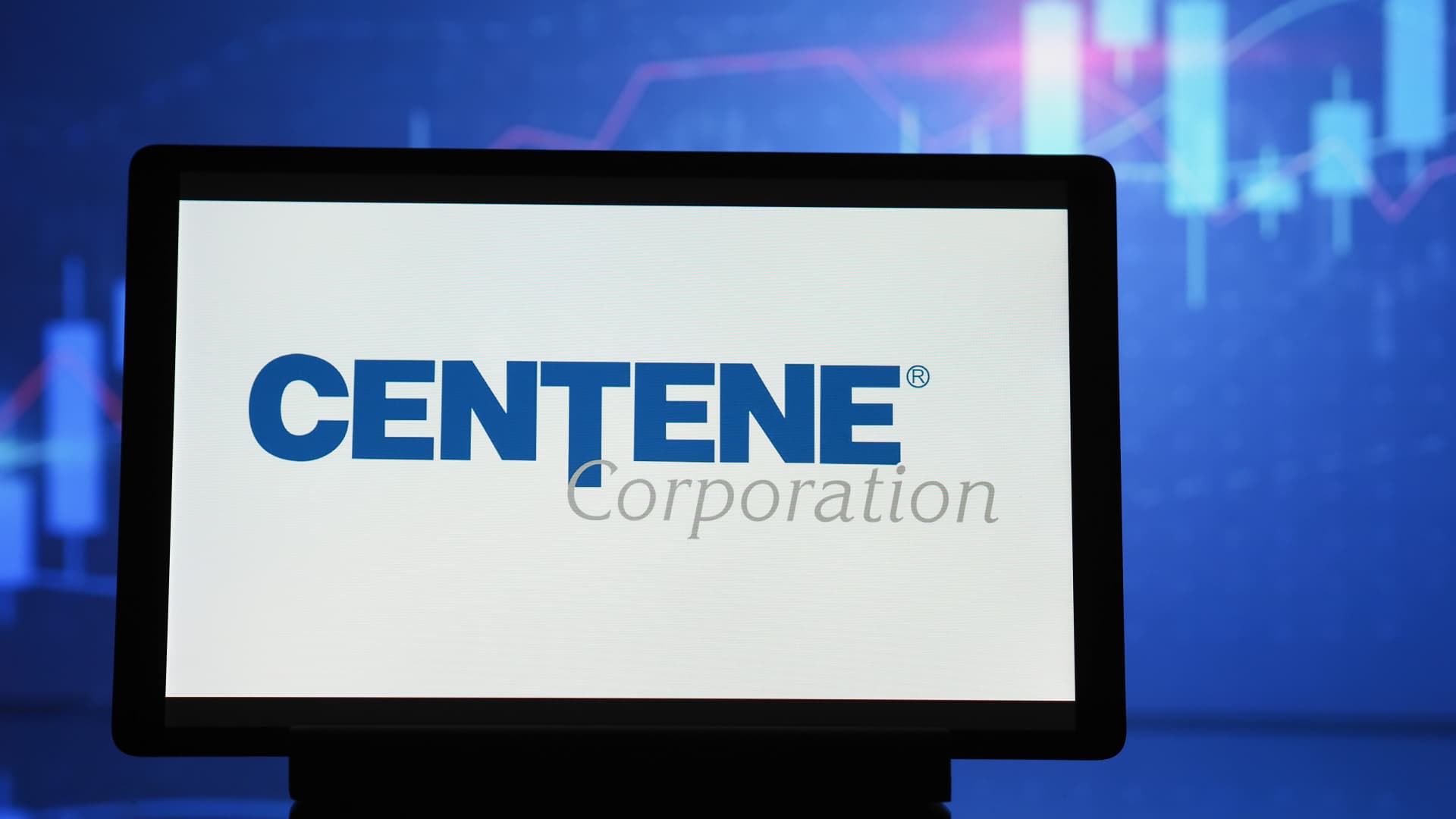
CNBC’s Jim Cramer offered his take on healthcare company Centene and explained why he thinks the stock plummeted on Wednesday, telling investors to stay away from the sector as a whole.
“Given this news from Centene, I think the whole managed care industry is borderline un-investable right now,” he said. “And, unfortunately, things will get worse for this sector before they get better, so I just can’t justify telling you to own these stocks right now, even after they’ve already come down so dramatically.”
Centene primarily provides healthcare exchanges for government programs like Medicaid and Medicare. Shares fell after it unexpectedly withdrew its full-year forecast Tuesday night. Management slashed earnings guidance, bringing adjusted diluted earnings per share down to $2.75 from the $7.25 estimate given during most recent quarter in April. The company cited data that shows lower overall market growth than expected in 22 of the 29 states it serves.
The stock hit a new 52-week low, dropping down more than 40% by close, and the decline triggered losses across the group.
According to Cramer, insurance providers broadly in the managed care space are having to pay out more than expected to cover policyholders’ healthcare costs. He suggested that Centene’s results indicate there is already some attrition in healthcare exchange enrollment, and that those still in these programs are less healthy than those who left.
Centene’s situation could become worse, Cramer said, as it will likely raise premiums to account for this new economic environment. Fewer people will enroll in healthcare programs if premiums go up, he continued, except for those with serious illnesses that are more expensive to treat. He also said Centene’s earnings are liable to take another hit if market data from the rest of the states the company serves is disappointing.
President Donald Trump’s “big beautiful bill” does not bode well for Centene either, Cramer added. The Senate passed a version of the bill on Tuesday with sweeping new Medicaid policies that would substantially shrink Centene’s customer base and leave millions of Americans without health insurance. Cramer noted that the bill also restricts fees that are imposed on healthcare providers to help fund Medicaid.
Cramer said Centene is getting hit harder than some of its peers because much of its business is in the healthcare exchange space. But the company also faces other issues, he said, including higher costs for Medicaid plans, as well as higher costs for healthcare — which has been an industry-wide problem for a while.
“At the end of the day, the news from Centene last night amounted to a very negative development for the company itself, but it’s also just the latest in a long line of bad news for the health insurance cohort, a group that’s already been having a really tough time,” he said.
Centene did not immediately respond to request for comment.






